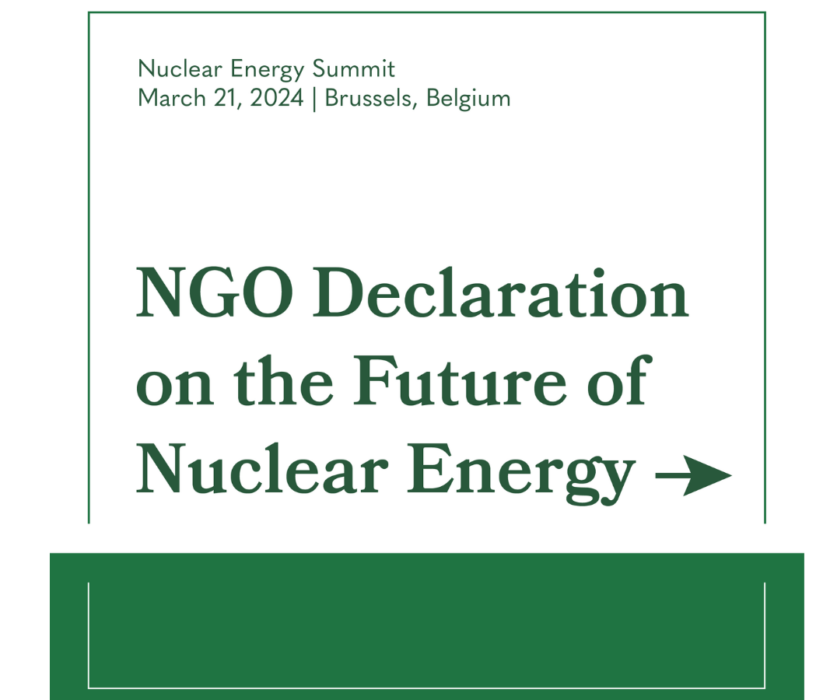On March 29, 2022, Energy Futures Initiative (EFI) Principal and Vice President Joe Hezir participated as a panelist in a Bipartisan Policy Center event headlined by Congressman Scott Peters (D-CA-52) on how natural gas infrastructure can be leveraged for clean fuels and a net-zero economy.

“Globally we see energy security, climate change, and economic development as all key objectives that are interconnected,” Hezir said.
Elaborating on pathways to decarbonization, Hezir referenced EFI’s 2021 report, The Future of Natural Gas in a Deeply Decarbonized World. The report summarizes a series of workshops with experts and stakeholders in eight regions across the world on the role of natural gas in the transition to low- and zero-carbon energy systems. It also explores demographic and economic trends, policy priorities, and energy production in each of those regions. EFI published a follow-on report in March 2022 on natural gas’ role in Asia.
“We found that natural gas would play an important role, not only in development, but in the transition to net zero,” Hezir said.
He further explained that in the United States, we have a large existing natural gas infrastructure; therefore, the question is how to leverage this infrastructure for clean fuels. Some developing countries, however, are focused on developing infrastructure. Natural gas is a critical industrial fuel and feedstock, offering pathways for economic growth in the developing world, while sustaining economic activity in developing countries.
Hezir emphasized that reaching net-zero emissions does not mean eliminating natural gas completely. He highlighted EFI’s work on carbon dioxide removal technologies, including direct air capture and biological, marine, and terrestrial approaches (see also EFI’s report, Clearing the Air). Business model innovation is also important, he said.
Hydrogen is an example of a clean fuel that could utilize natural gas infrastructure. “The focus has always been more on the supply side with hydrogen production and technology,” Hezir said. “I think now there needs to be much more of a focus on hydrogen markets…. We also see the need on the policy side for ensuring the proper regulatory environment.”
He said hydrogen deployment could lessen the extent of required transportation electrification, reducing increased power sector demand and, consequently, additional natural gas use in power generation.
“How hydrogen hubs get formed is a critical issue going forward,” Hezir said, pointing to efforts to develop a funding framework. In 2021, EFI published two reports on hydrogen industry development, and this work is ongoing. EFI published a report based on more than 70 interviews with leaders across the hydrogen value chain and another report on hydrogen hub formation in the Ohio River Valley.
Watch the discussion: Leveraging Natural Gas Networks to Achieve Net-Zero
(Share this post with others.)




